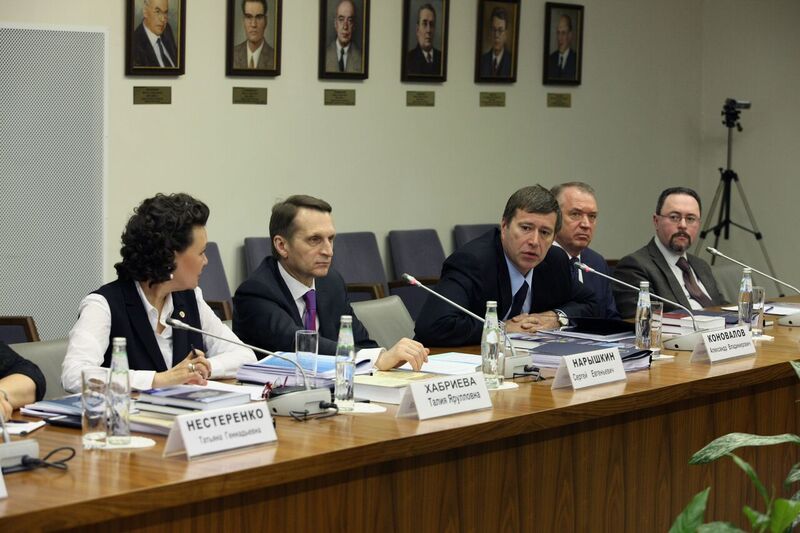The comparative government sub-specialty is as old as political theory. Aristotle as well as Plato composed and analyzed different kinds of government, and one could argue that the study of comparative government actually dates back to the age of these philosophic giants.
The introductory survey courses in comparative government usually include rapid surveys of Western European governments. The Soviet Union may be included but generally is treated as a separate course. Recently, comparative government survey coursework has made some additions, such as Latin America, the Scandinavian countries, and the Asian complex. The choice of which nations to include and which to exclude is always a thorny one. Today one can take graduate degrees in area studies such as the Asian culture, the South American culture, or Slavic.
The methods Of study in comparative government usually involve the construction of a hypothetical model exhibiting effectiveness and responsibility, terms which take on a somewhat different meaning when applied to comparative government. The methods Of study are historical, descriptive, analytical, and behavioral. The student Of comparative government directs himself to similarities and differences in constitutions, law-making bodies, judicial systems, administrative machinery, political parties, military tradition and posture, economic and cultural traditions, and the prevailing popular political psychology. If done intensively and at sufficient length, the study of comparative government would encompass the entire field of political science. Usually, however, the instructor is satisfied if he can introduce the student to one or two unfamiliar political systems.
The literature of the current period reveals that exploration of the economy, technology, culture, class structure, and geography is taking place alongside the study of governmental structure. An interested student may find the following short list helpful because each of the six books offers a thorough grounding in the realities of the political systems of different governments and communities.
